
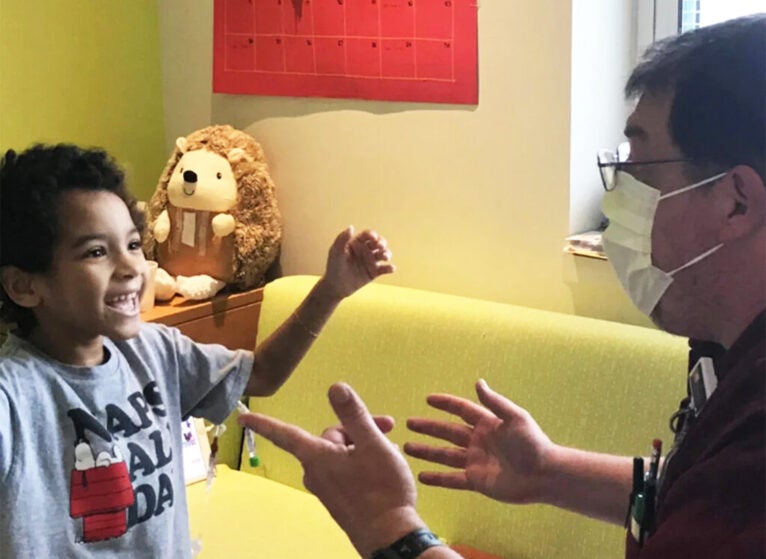
Hope at Work: Hospital Education Program Marks Nearly Half Century Helping Some of UVA Health’s Youngest Patients Stay on Track
This is the latest installment of our Connect article series “Hope at Work” — showcasing inspiring stories about how our team members contribute to UVA Health’s 10-year Strategic Plan: “One Future Together Health and Hope for All.” No matter where you work, you have an opportunity to inspire hope in others. These stories show how:
Principal Eric D. Johnson, M.Ed., calls it “one of the best kept secrets” at UVA Health. Since the late 1970s, the Hospital Education Program (HEP) — a team of teachers, educational consultants, instructional assistants, media specialist/librarian, administrative technicians, and volunteers — has been providing education services to UVA Health’s youngest patients, despite challenging medical conditions.
HEP is so under the radar, Johnson himself didn’t know about the program until some teachers at the public schools where he also served as principal, went to work for HEP — and then HEP recruited him to apply to take the helm. After meeting students at UVA Health and learning about their challenges, he says, “I pretty much fell in love with the students and the school.”
Johnson, a Tennessee native who also didn’t know about UVA until his father told him he had to attend the University, moved to Charlottesville for undergrad — and stayed. During his nearly 30-year career in education in this area, Johnson taught math and eventually served as a principal at middle schools in Albemarle County and Charlottesville City for 15 years. He became the principal of HEP six years ago.
Only 3 of a Kind
HEP is a State-Operated Program (SOP) established and supervised by the Virginia Department of Education (VDOE). Funded through the Virginia Appropriations Act, there are only three such programs at Virginia hospitals: UVA Health; VCU Health, Richmond; and Children’s Hospital of The King’s Daughters (CHKD), Norfolk. HEP at UVA Health is a partnership among VDOE, Charlottesville City Schools, and UVA Health Children’s.
According to VDOE, state law requires institutions with children in residence or custody to provide education and training comparable with that provided to pupils in public schools. The Board of Education prescribes standards for these facilities; in turn, the facilities submit annually their proposed educational programs for approval by the board.
1:1
All four HEP teachers at UVA Health: Allyson Athay-Barnes and Lisa Black, prekindergarten-4th grade; John “Brad” Presley, 5th-8th grade; and Patricia Luke, high school — are endorsed in special education and in another area of general education. Black also is endorsed in gifted education; Barnes is also a school counselor. They all provide one-on-one education to admitted patients, who over the years, have come from any of Virginia’s 132 public school divisions, private schools, and/or home schools. HEP has enrolled students from other states and even from outside the country. The main requirements: the student must be school-aged and admitted to UVA Health Children’s.
On an average day, HEP at UVA Health has five to 10 students — half, usually at prekindergarten and kindergarten levels — following the same school calendar as Charlottesville City Schools.
“Virginia law requires us to offer an educational service that is comparable to that of a public school so many of our services are aimed at ensuring academic achievement. In addition to teaching and learning — we test, assign grades, administer state tests, and even help students earn their high school diploma,” describes Johnson. “But here, it’s one-on-one. We make a plan to address the learning needs of each child.“
Throughout the country, truancy continues to be one of the issues that school systems must resolve. Students who are enrolled in the HEP and attend school sessions are complying with attendance requirements regardless of the length of their school session.
By Virginia law, a standard school day averages a minimum of five-and-a-half instructional hours for students in kindergarten through 12th grade. “First and foremost, the children are here to get medical treatment,” says Johnson. “Because of their conditions, most of our kids qualify for a medical waiver, which means that a student’s school day may be less than the time requirement, due to his/her medical condition.”
Belonging for All
Most students are taught at bedside — but a few who are able to, may gather with teachers in a classroom at the hospital. “Whether bedside or classroom, we’re teachers,” asserts Johnson. “We teach a curriculum aligned with their grade level and/or educational goals — regardless of the location.”
Athay-Barnes shares that school in the hospital is an opportunity for students to have individualized instruction tailored to their medical and learning needs. “We are often able to target learning gaps and promote student voice and choice in topics and activities. School becomes a highlight in a patient's day — they look forward to learning and creating.”
Children as young as two years old are eligible for HEP if they otherwise would’ve been enrolled in public prekindergarten. Students up to age 22 are eligible for HEP if they have not graduated from high school and otherwise, would’ve still been eligible for special education services in public high school.
One UVA Health Team
The average length of participation in HEP varies widely. “It could be anywhere from one to 100 days,” explains Johnson. “It depends on the medical needs of a child. Some are at the hospital for weeks, but too sick to participate in a school session. Our staff works closely with doctors, nurses, and more to understand what’s happening and gauge instructions.”
“Our HEP teachers are the glue that keeps our kids connected to their schools while in the hospital or coming to clinic frequently,” says William “Billy” Petersen, MD, MBA, Associate Chief Medical Officer, UVA Health Children’s and Associate Professor, Pediatric Hematology-Oncology. “They’re instrumental in helping kids stay in step with their classmates and friends while dealing with medical challenges. Many of our patients say our teachers are their favorite hospital staff members, and wish they could continue to be taught by them even after discharge from the hospital!”
HEP also is mindful of the involvement of occupational, speech, and physical therapists; pharmacists; mental health professionals; social workers; and other UVA Health team members. “We try to be good partners all around,” says Johnson.
At the Battle Building, HEP’s five educational consultants — Norma Dobbins, Robyn Evans, Edmund Leclere, Amanda “Amy” Thompson, and Mary Yowell — work primarily with the Virginia Department of Health designated clinics of Developmental Pediatrics, Bleeding Disorders, and Sickle Cell. These team members serve as liaisons among the children, their families, medical staff, and school personnel to monitor the impact of students’ medical conditions and medication on academic and social progress at school.
Yowell considers her role as an educational consultant a privilege because she collaborates with various groups of people who can impact a young life. “A child’s development can be affected by many factors including varying medical conditions,” she says. “Our collaboration with schools, families, and medical teams is integral in addressing these factors and helping to encourage the success of each child. Every child has different needs, and as a consultant I enjoy working in this team model to communicate and often brainstorm how to best overcome some of these challenges.”
By the Book
The school even contains a library, which is located off-site at Johnson’s office. HEP staff can check out fiction and nonfiction resources for students such as books, e-books, and audiobooks. “And once a student in the hospital touches a book, it needs to be cleaned before another student can touch it,” reminds Johnson. “So sometimes, we give the student the book to keep.”
HEP librarian/media specialist Denise Meyer is also off-site, but visits the hospital three times a week. She works with teachers and educational consultants to provide opportunities for students — to not only benefit from media services, but to also have material to read.
Education Builds Hope
“Our relationships with students, families, and schools become crucial in a successful transition back to school,” says Barnes. “We facilitate communication while addressing concerns. The teachers themselves are learning lessons every day through this work.”
“We gain a lot of strength from our families,” says Johnson. “And the procedures some of the medical staff does these days to change or save young lives are amazing! We learn from the children themselves, too — with all of the obstacles they’re facing, their resiliency gives us hope. To be part of their journey is a huge reward. We gain a lot of satisfaction and strength from that. And in turn, we believe — education builds their hope.”
Latest News

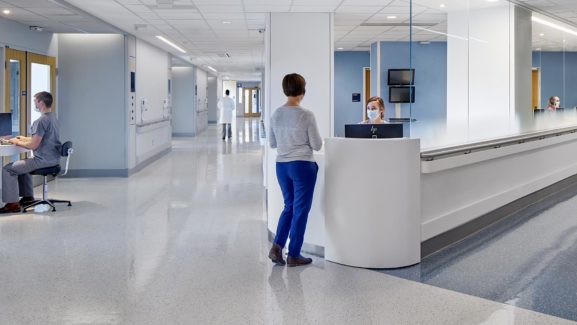
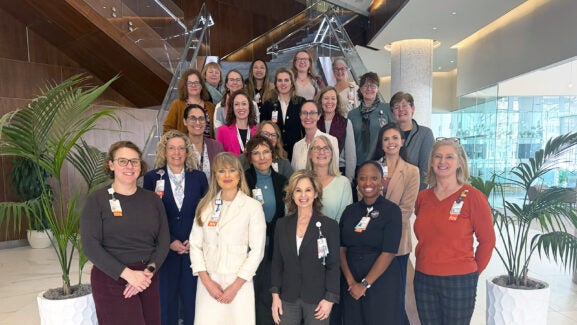
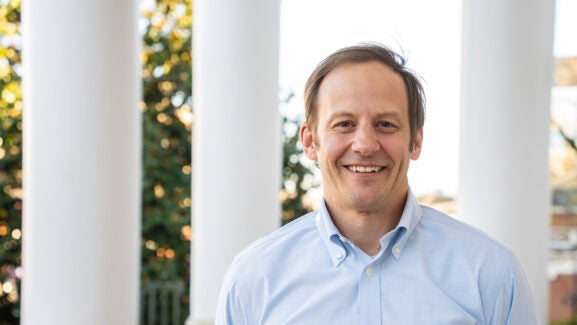
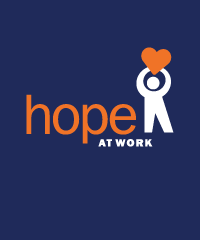
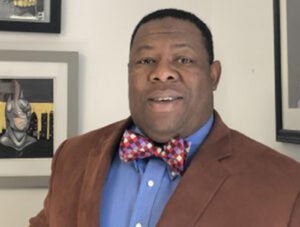
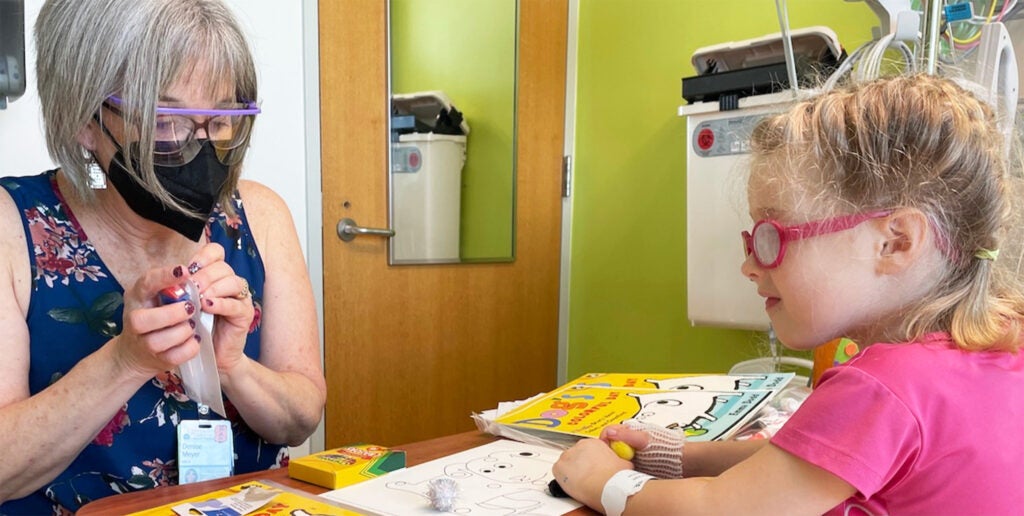
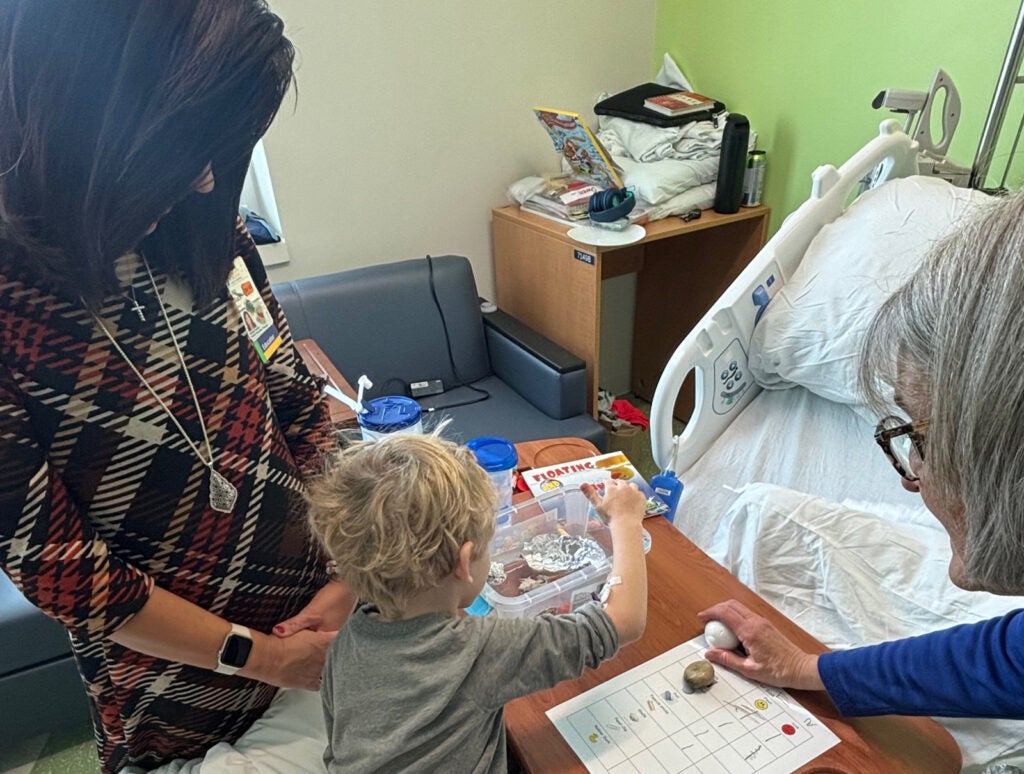
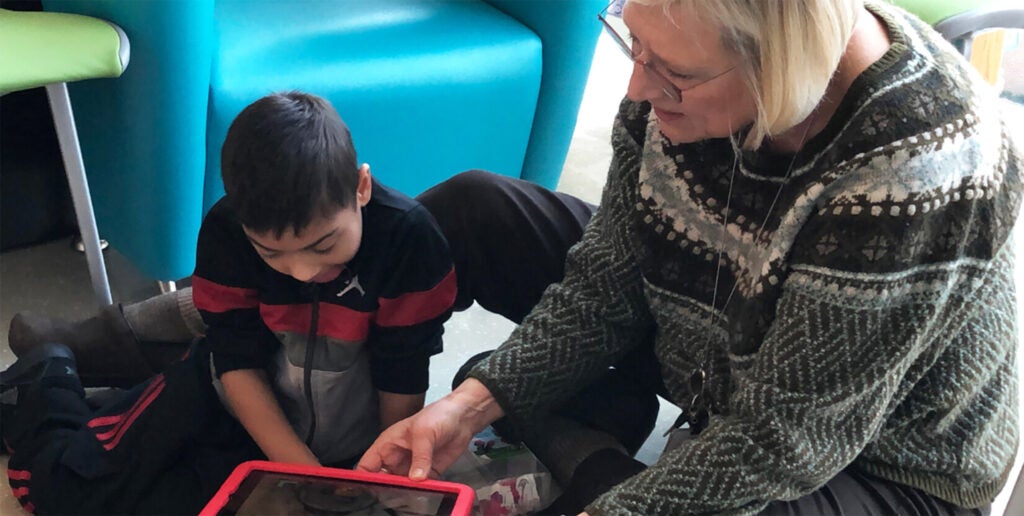
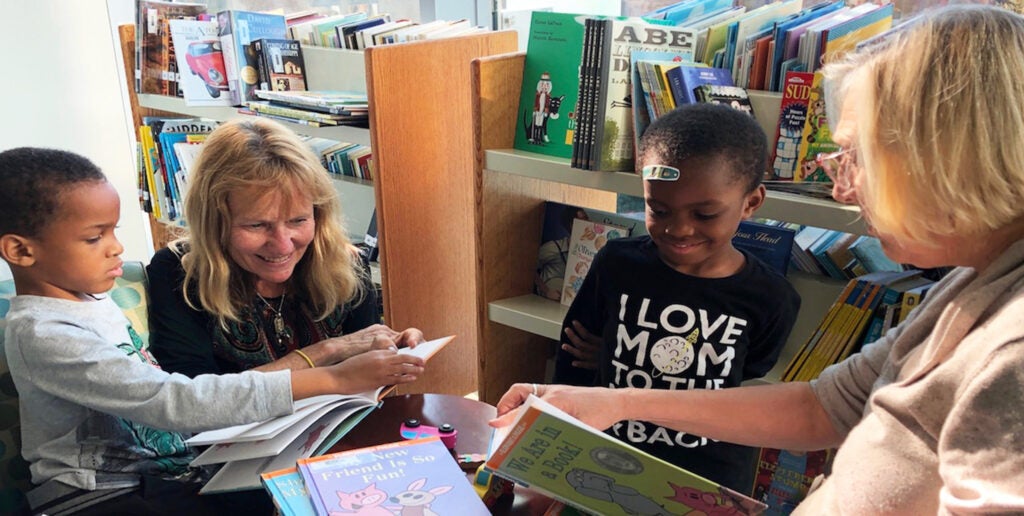
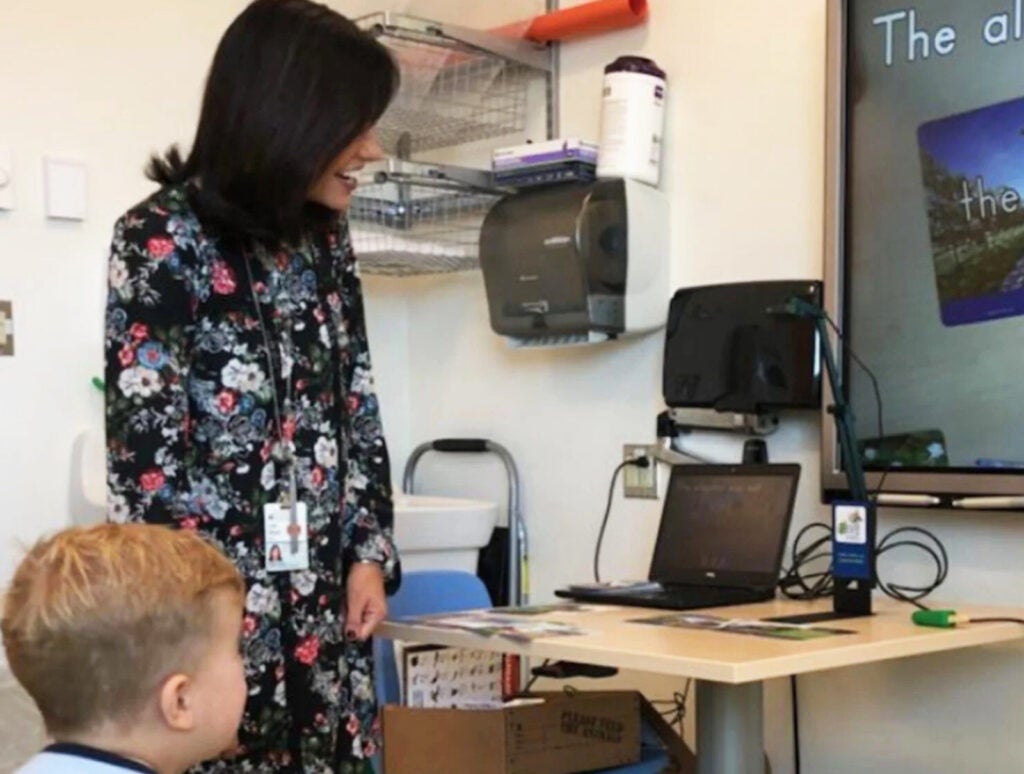
What a great service. I did not know we offered this, but it is fantastic to learn about!!!
On days when school is not in session, the teachers are missed by not only the students but also the medical staff. The teachers are a sense of normalcy and fun for the patients and are true blessing for patients. I appreciate the care and concern they give to each child and the work that they do!